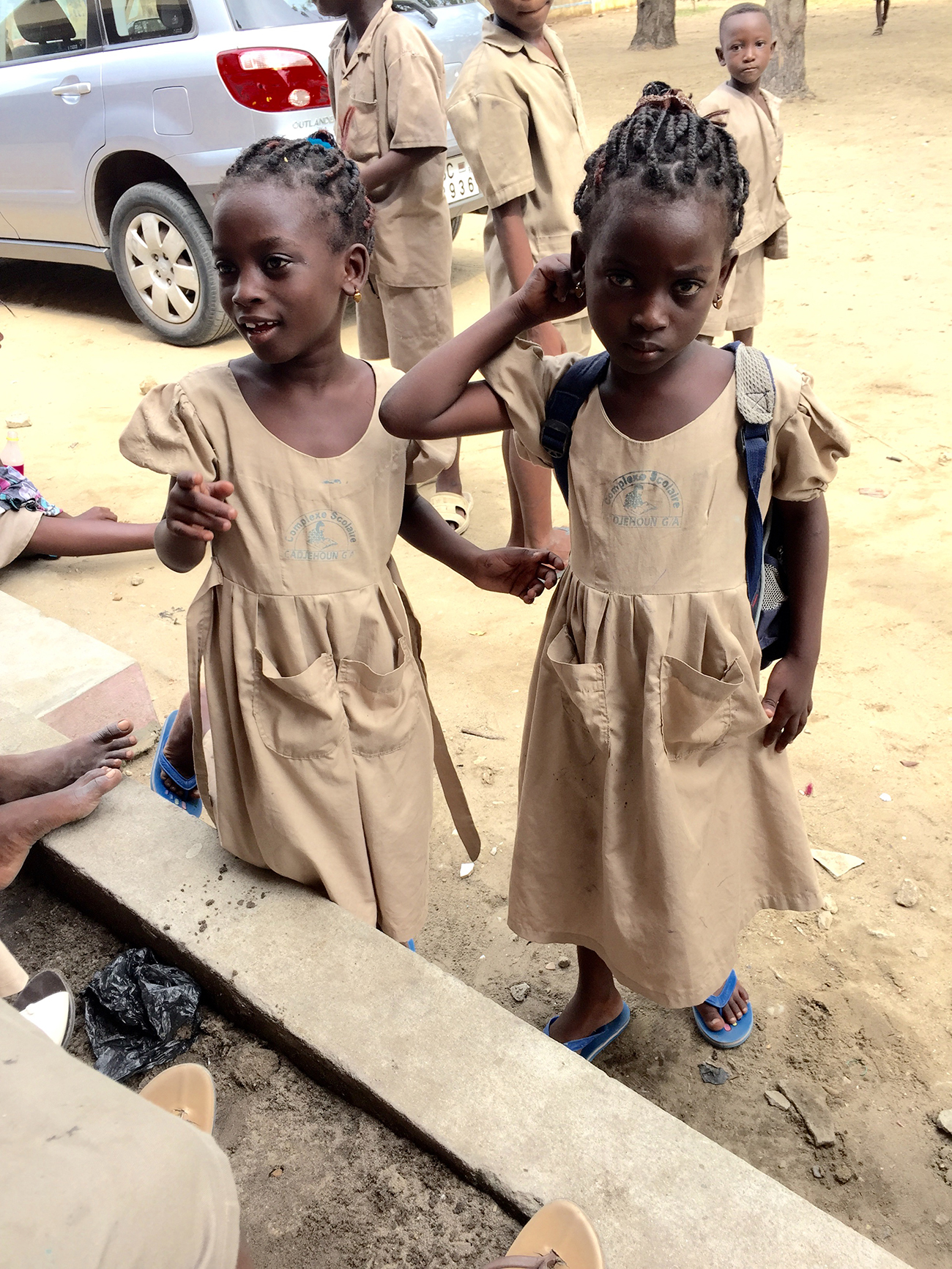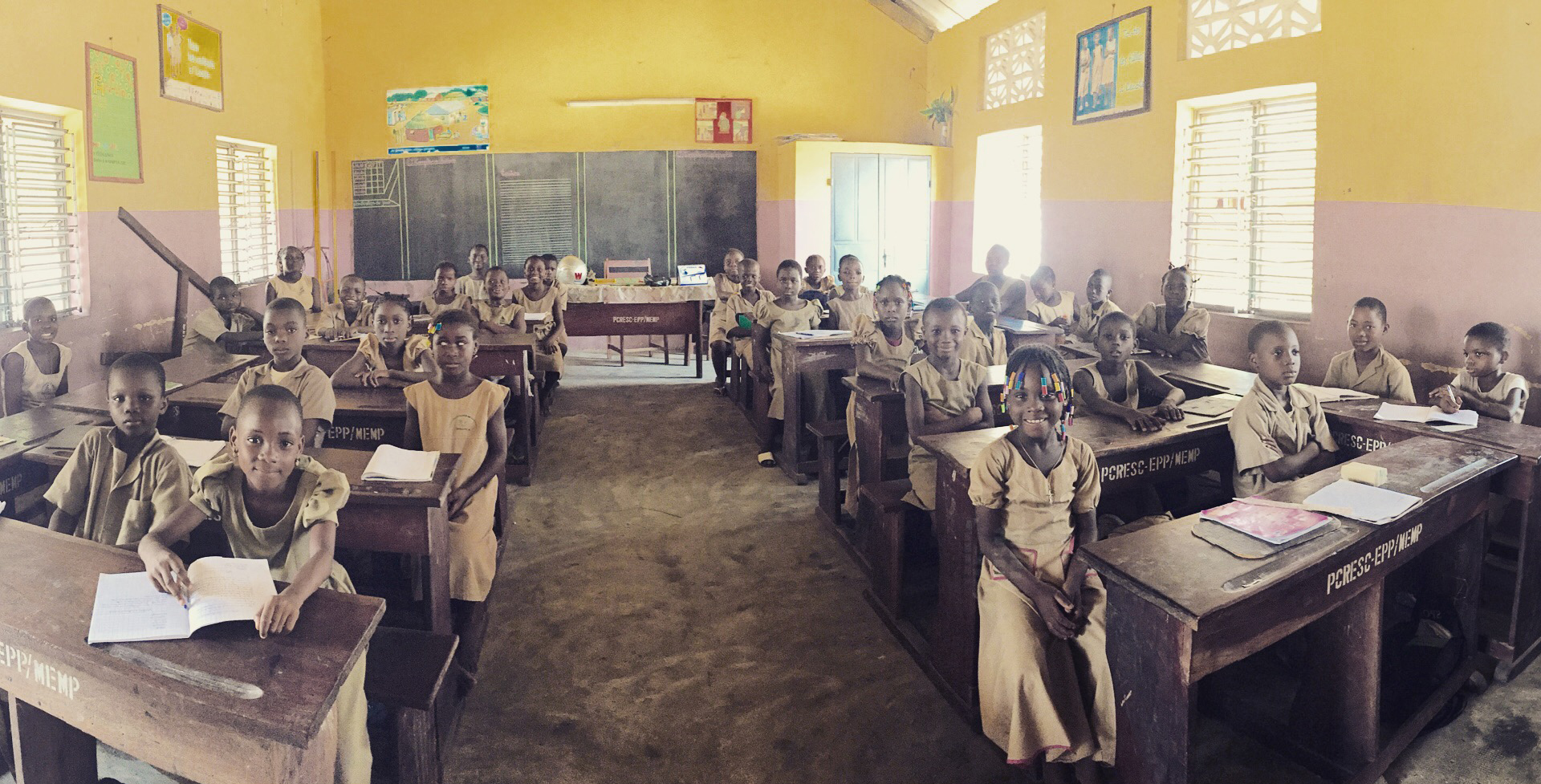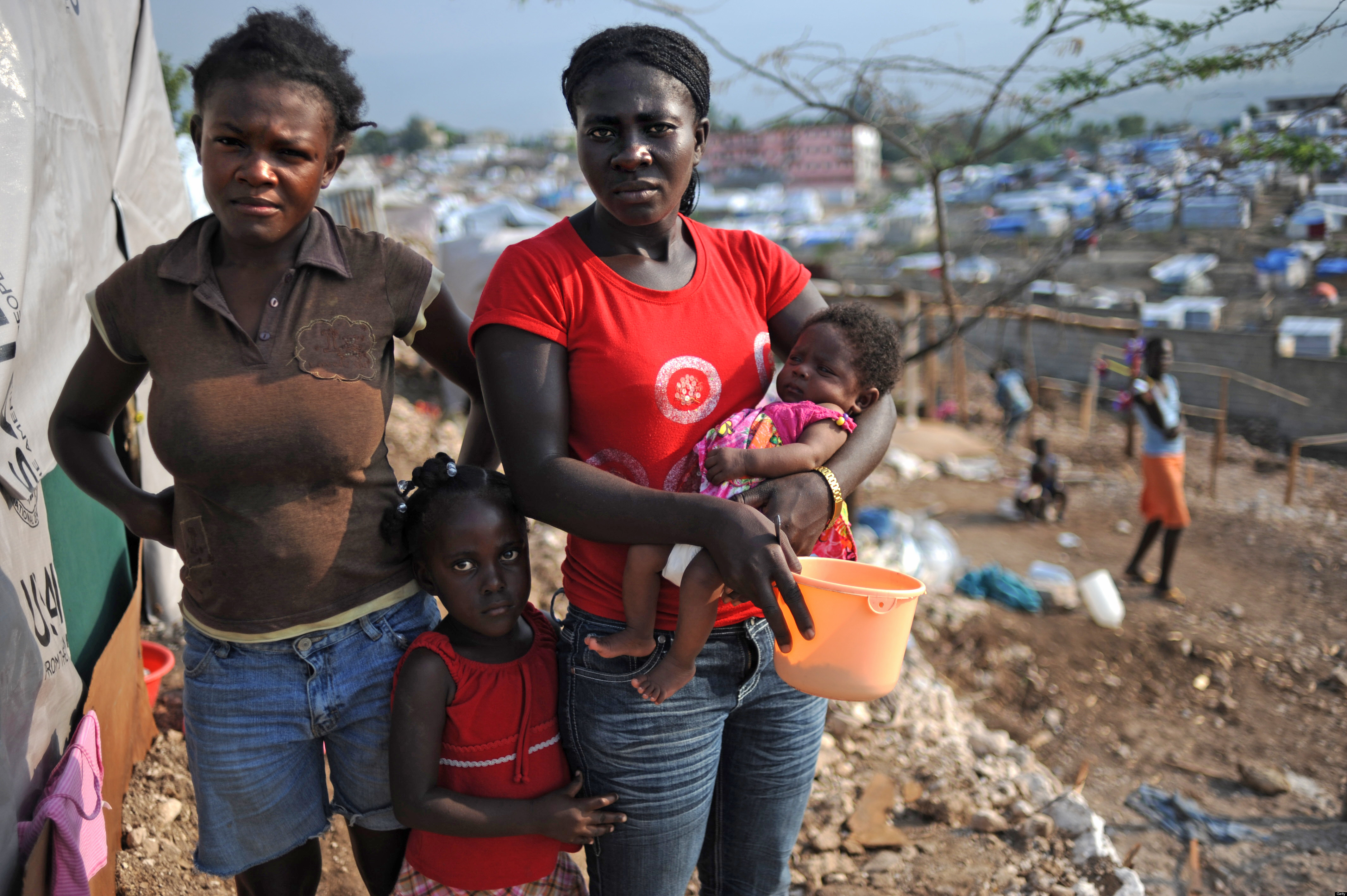Every child has the right to have access to safe and quality education. A school is a place where children have the opportunity to build their confidence and make friends as well as learn the skills needed to live a prosperous future. Education is not only fundamental to providing a child with the ability to learn but also plays an integral role in a child’s overall development. However, in far too many parts of the world, girls are still not receiving the same access to education as boys and the small West African nation of Ghana, is no exception.
While Ghana has often been cited as being a success story in West Africa in terms of its democratic achievements, Ghana is still lacking in progress when it comes to gender parity, particularly in girls’ education. As a feminist consulting collective, our research found that UNICEF for example estimates that more than half of girls in Ghana do not complete secondary school. This may be due to a multitude of factors such as beliefs that girls should stay in the home and be married off early. Social and cultural norms dictate that girls be responsible for the majority of the domestic chores and childcare responsibilities, leaving them with little time to do their schoolwork.
Child labour, inadequate training of teachers, issues related to girls’ menstruation cycles and the high indirect costs associated with children going to school have also been found to be reasons why girls are not attending school in Ghana. Fear of sexual harassment and assault, either on the way to school or while at school also too often keeps girls out of classrooms.
High rates of pregnancy amongst young girls have also been found to be a key reason why girls are not attending school and it is estimated that one in five girls in Ghana will get pregnant during their adolescence. In far too many cases, this is the result of sexual assault and in Ghana, it is estimated that four in ten girls will experience some form of sexual violence in their lifetime however, this number is likely much higher. These confounded by social norms that see females and female education as less valuable than their male counterparts makes them, and their education more disposable than that of males.
As a result, girls face many limitations in having prosperous futures. In addition, lack of access to education for girls leads to negative economic and health consequences, such as an increase in poverty rates, greater threats to risk during pregnancy, and consequently threats to the health of her children.
The Ghanaian government has, however, made some efforts to improve girls’ access to education in recent decades. For example, Ghana was the first country in the world to ratify the Convention on the Rights of the Child (CRC) as well as the Convention on the Elimination of All Forms of Discrimination against Women (CEDAW) demonstrating a commitment to children’s rights and gender equality.
In the 1980s and the 1990s, the Ghanaian government led a number of nationwide media campaigns in communities throughout the country, encouraging them to send their girls to school. The Ghana Education Strategy Plan for 2018 – 2030 was also adopted which had a particular emphasis on gender equality.

The Ministry of Women and Children’s Affairs was also established in 2001 and focused on putting gender and children’s issues at the forefront of Ghana’s national development agenda, in particular girls’ education.
There is also a strong international presence in Ghana that has a strong focus on gender equality, including girls’ education. UNICEF for example has initiated several projects through their WASH (water, sanitation and hygiene) programs in schools and has made efforts to increase girls’ participation in STEM. As a gender equality consulting collective, we discovered that UNICEF has also partnered with Ghana Education Service, communities and religious leaders, to create policies that provide support for young women to stay in school during and after pregnancy. Other organizations are working to increase girls’ access to sanitary products and reduce the costs of education in special schools to make them more accessible.
While these moves forward in girls’ education are positive, Ghana must keep a steady focus on increasing girls’ access to education. Education is a means to not only lift women and households out of poverty but also the communities in which they live. By ensuring that a girl is educated, she has a chance of leading a stronger and more fulfilling life and is less likely to be made vulnerable to violence and sexual abuse. She will most likely have fewer children and those children that she does have are more likely to thrive.
Furthermore, when girls are educated, they are more likely to be empowered to stand up to and change harmful gender norms such as child and forced marriage as well as encourage other girls to drive change. Education gives girls the skills to become leaders, innovators and change-makers. Thus, when girls are educated, entire societies can benefit from the economic growth generated from women and girls’ contributions. As a gender equality consultant, keeping a focus on gender equality in Ghana and beyond is, therefore, an absolute must.




